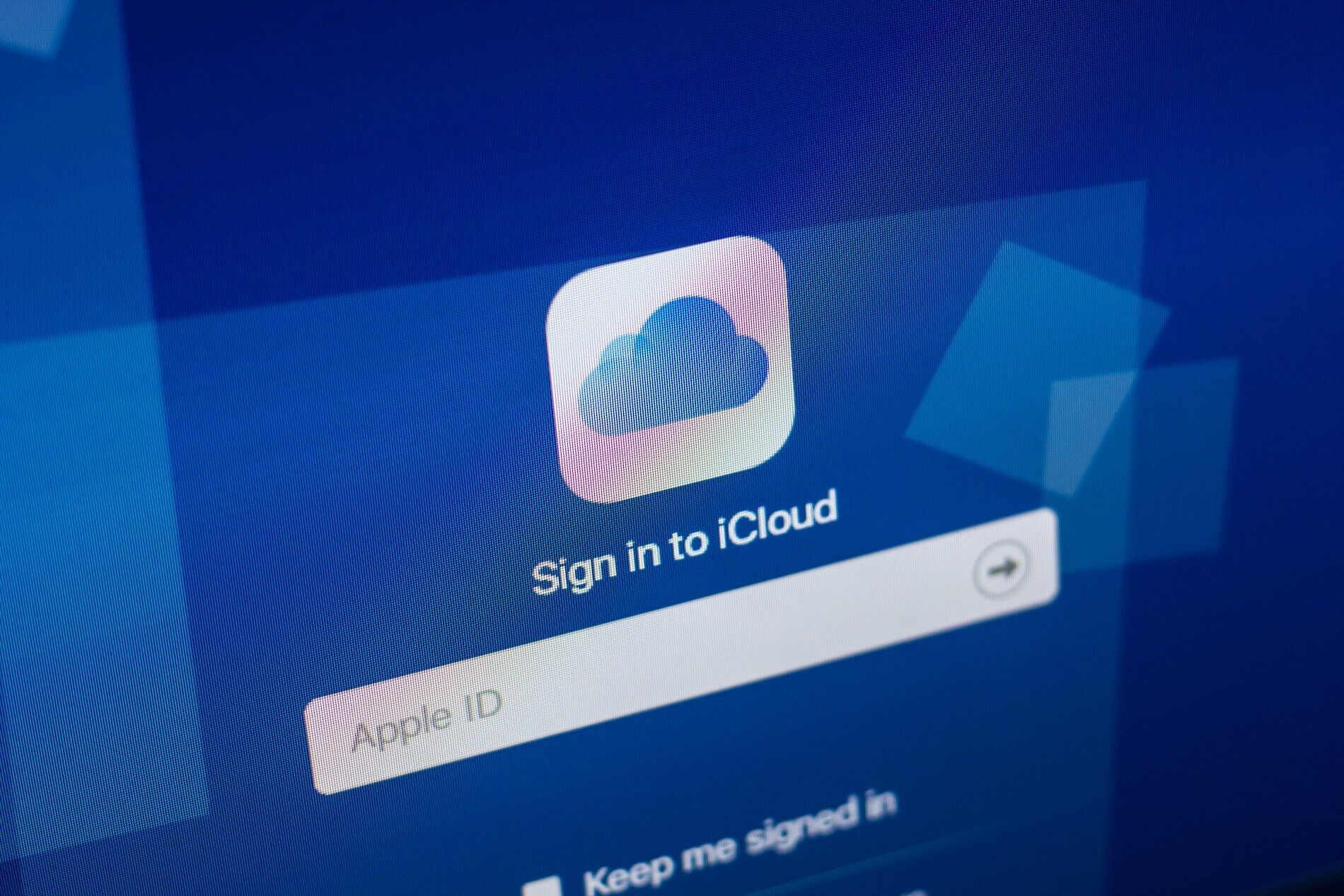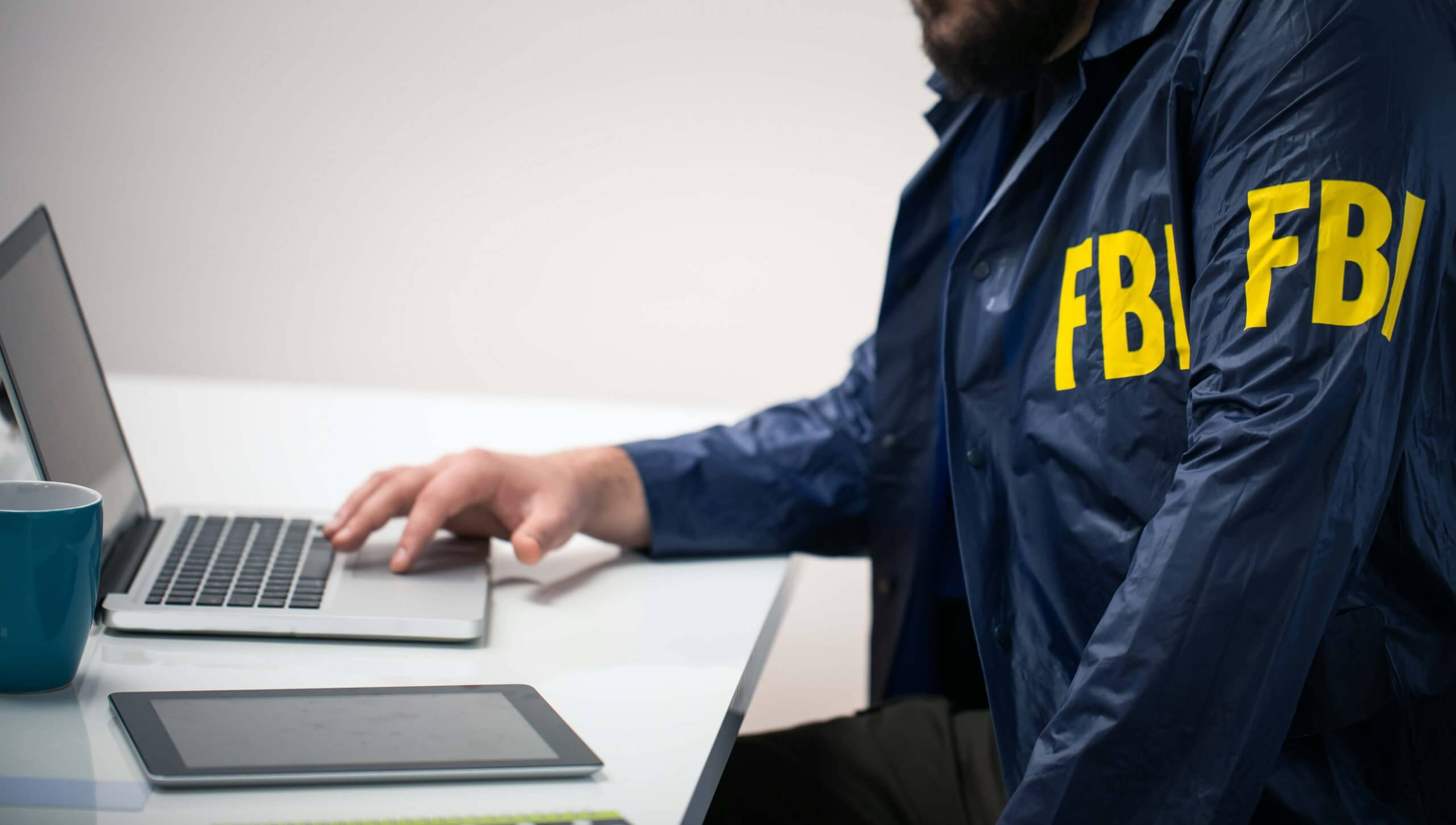Bottom line: While Apple remains firm on not creating a way for law enforcement to get into an iPhone, the agency can still request access to data from the cloud and gets it most of the time. The tech giant reportedly had plans to secure iPhone backups stored on iCloud but nixed the idea after the FBI intervened.
Currently, iPhone data is encrypted on the phone and iCloud. While Apple does not have keys for physical devices, it does have them for backups in the cloud. It claims this is for customer convenience. If a user forgets their password, Apple can still recover their data for them.
"Our users have a key, and we have one," Tim Cook told German outlet Spiegel in an interview in 2018. "We do this because some users lose or forget their key and then expect help from us to get their data back."
"Apple was convinced. Outside of that public spat over San Bernardino, Apple gets along with the federal government."
The Verge noted in 2016, Apple had plans to increase iCloud security so that neither it nor law enforcement could gain access to backed up data, just as it is on the iPhone. This was at the height if its public squabble over opening San Bernardino shooter Syed Farook's iPhone. It would have effectively closed a loophole on the agency and tied Apple's hands to do anything about it. However, Cupertino never followed through with the idea.
Now, Reuters reports that it was at the FBI's urging that the company left the loophole open. A former agent told Reuters that the agency convinced Apple not to lockout iCloud as it would severely harm its investigations.

"It's because Apple was convinced," said the agent. "Outside of that public spat over San Bernardino, Apple gets along with the federal government."
A former employee claimed that the plan had legal ramifications that Apple did not want to face, such as not complying with a court order. Plus, it was already mixed up in a legal battle with the agency over it wanting a backdoor into phones.
"Legal killed it, for reasons you can imagine," said the insider. "They decided they weren't going to poke the bear anymore," the source added, indicating that Apple did not want to provoke the FBI any more than it already had.
Coupled with the customer-convenience reasoning that Cook later mentioned, the motivation for end-to-end encryption on iCloud backups faded. Interestingly, this news comes to light just as Apple enters another conflict, with government officials claiming the company is not being cooperative.
"Legal killed it. They decided they weren't going to poke the bear anymore."
On the contrary, Apple receives thousands of legal requests from law enforcement for access to iCloud data every year. It claims to comply with about 90 percent of the inquiries and posts them in a transparency report.
What seems to be at issue here is the FBI's desire to have a backdoor into physical devices. Sometimes users do not back up their iPhones frequently enough or even at all, making iCloud data less useful in an investigation. Instead of only being able to see what suspects did last week or a month ago, law enforcement would like to see what they were doing yesterday.
It's not that Apple is not supplying data to the FBI; it's that the information is not good enough.
Editorial credit: Sharaf Maksumov via Shutterstock
